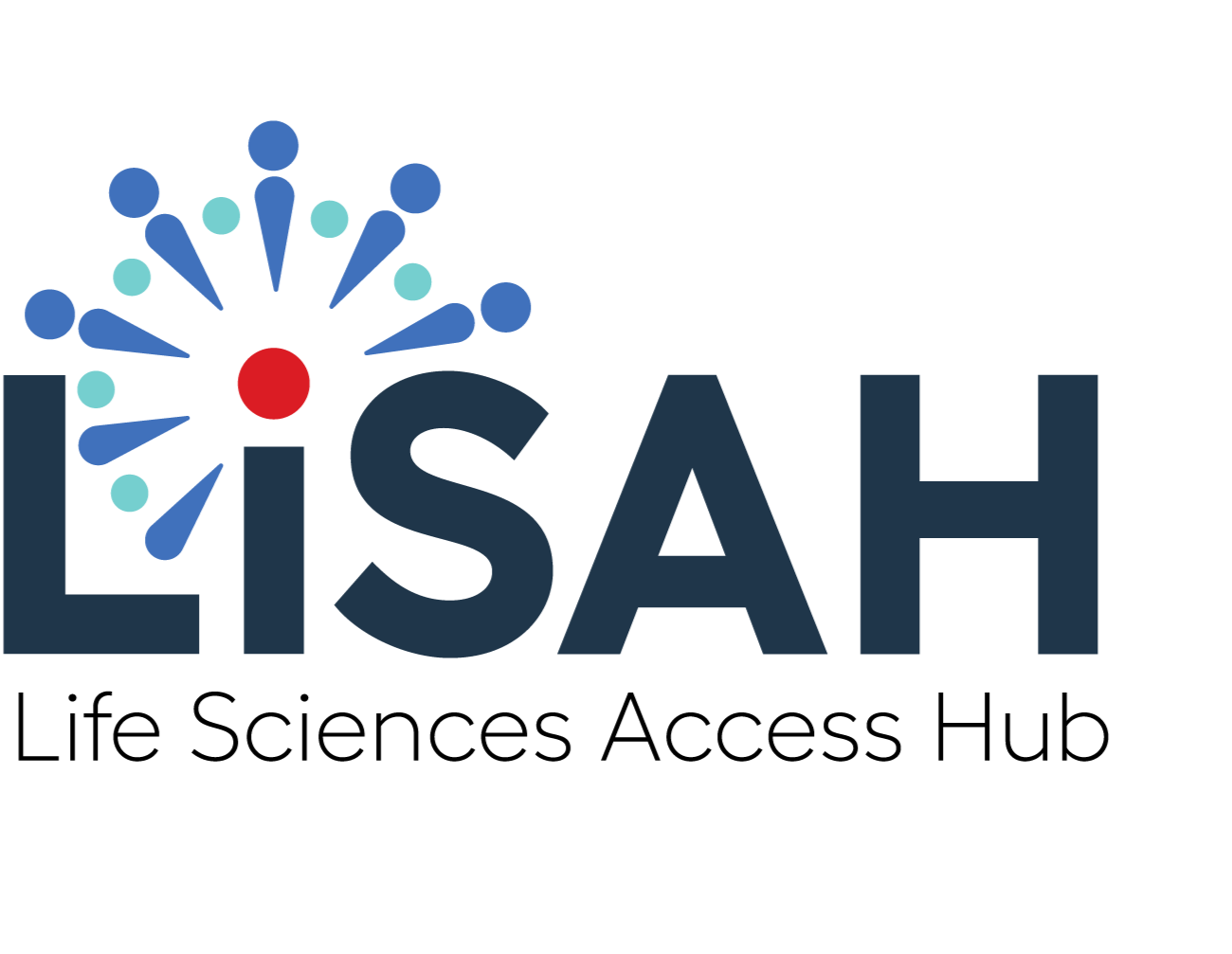AIFA has issued a new “Regolamento di funzionamento e ordinamento del personale” (Regulation of organisation and staff) on 7 October 2025. This is the first major overhaul since the agency’s recent reform, and it consolidates operations to break down fragmented office activity, placing Health Technology Assessment (HTA) at the centre of its decision making.
AIFA’s President, Robert Nisticò, explained that the new regulation strengthens HTA functions. HTA will increasingly be vital to setting prices and reimbursement eligibility for innovative drugs. Nisticò stressed that fair access to therapies must be delivered by simplifying authorisation while ensuring that the system’s financial sustainability is preserved.
The regulation confirms a two-pronged management structure: an Administrative Directorate and a Technical-Scientific Directorate. The President oversees the agency’s activities, including relations with ministries, public and private research institutes, scientific societies, industrial and consumer bodies, patients’ groups, and international organisations such as the EMA.
Five specialised units now report directly to the Administrative Director, covering coordination, legal affairs and regulations, litigation, planning and financial control, and quality/document management. The Administrative Directorate is further split into two divisions: one focused on digitalisation, procurement and assets, and the other on personnel policies and budgeting.
The Technical-Scientific Director takes charge of scientific operations in line with the Ministry of Health’s priorities. Five offices now report directly to the Director, managing scientific coordination, pharmaceutical expenditure governance, post-marketing controls and crime prevention, innovation and scientific advice, and international affairs. Four divisions address all phases of a drug’s lifecycle: pre-authorisation and research, authorisation, access/HTA, and post-marketing surveillance.
HTA is a particular focus of the changes. The dedicated “Access and HTA” division works closely with the scientific and economic commission (CSE) and covers access and reimbursement policies. Five non-general management offices have been set up, including three new ones for clinical evaluations (helping to assess efficacy, safety and innovation), economic evaluations (cost-effectiveness and budget impact), and monitoring registries. Price and reimbursement, as well as procedures for European HTA, are also covered, with an explicit goal to align with EU regulation 2021/2282.
AIFA’s management highlighted the need to reinforce staffing. Giovanni Pavesi, Administrative Director, noted that AIFA operates with just 600 staff - far less than Germany’s 1,350 - despite also holding sole responsibility for price negotiations. He emphasised that strengthening the agency’s workforce is now crucial, pointing out that new organisational tasks have been set, especially in HTA.
Pierluigi Russo, Technical-Scientific Director, stated that the regulation marks a strong step towards more efficient processes. The new model, with one combined scientific and economic commission, already allows simultaneous technical assessment and price negotiation, cutting overall timeframes. An increase in price renegotiations has been observed, alongside constant improvement in reimbursement offer - currently at 80% of EMA-approved medicines.
The internal reorganisation is expected to further boost these results. With clearly defined HTA tasks and improved process integration, medicines can reach patients faster, and reimbursement decisions will be better aligned with clinical value and affordability.
Source: Approvato il nuovo regolamento sul funzionamento dell’Agenzia
English: The new regulation on the functioning of the Agency is approved
Date: 7 October 2025
